Hayk Petrosyan
04/04/2025
The Ultimate Guide to SEO: 13 Key Types You Must Know in 2025
Search Engine Optimization (SEO) has become the backbone of digital success. It’s no longer just about stuffing keywords into content but ensuring your website provides value while being technically sound and user-friendly. Whether you’re running an e-commerce site, a blog, or a corporate website, understanding the various types of SEO can significantly impact your visibility and growth.
Here’s an in-depth look at the 13 essential types of SEO and how they work together to elevate your website’s performance.
1. On-Page SEO (In-Page SEO)
On-page SEO focuses on optimizing individual web pages to improve search engine rankings and user experience. It ensures that search engines understand your content and users find it valuable.
Key Practices:
- Keyword research and strategic placement
- Optimized title tags and meta descriptions
- Proper heading structure (H1, H2, H3)
- Content quality and relevance
- Internal linking to improve page authority
- Image optimization (alt text, compression)
Why It Matters:
Well-optimized pages rank higher and provide users with the information they’re searching for, leading to higher engagement and conversion rates.
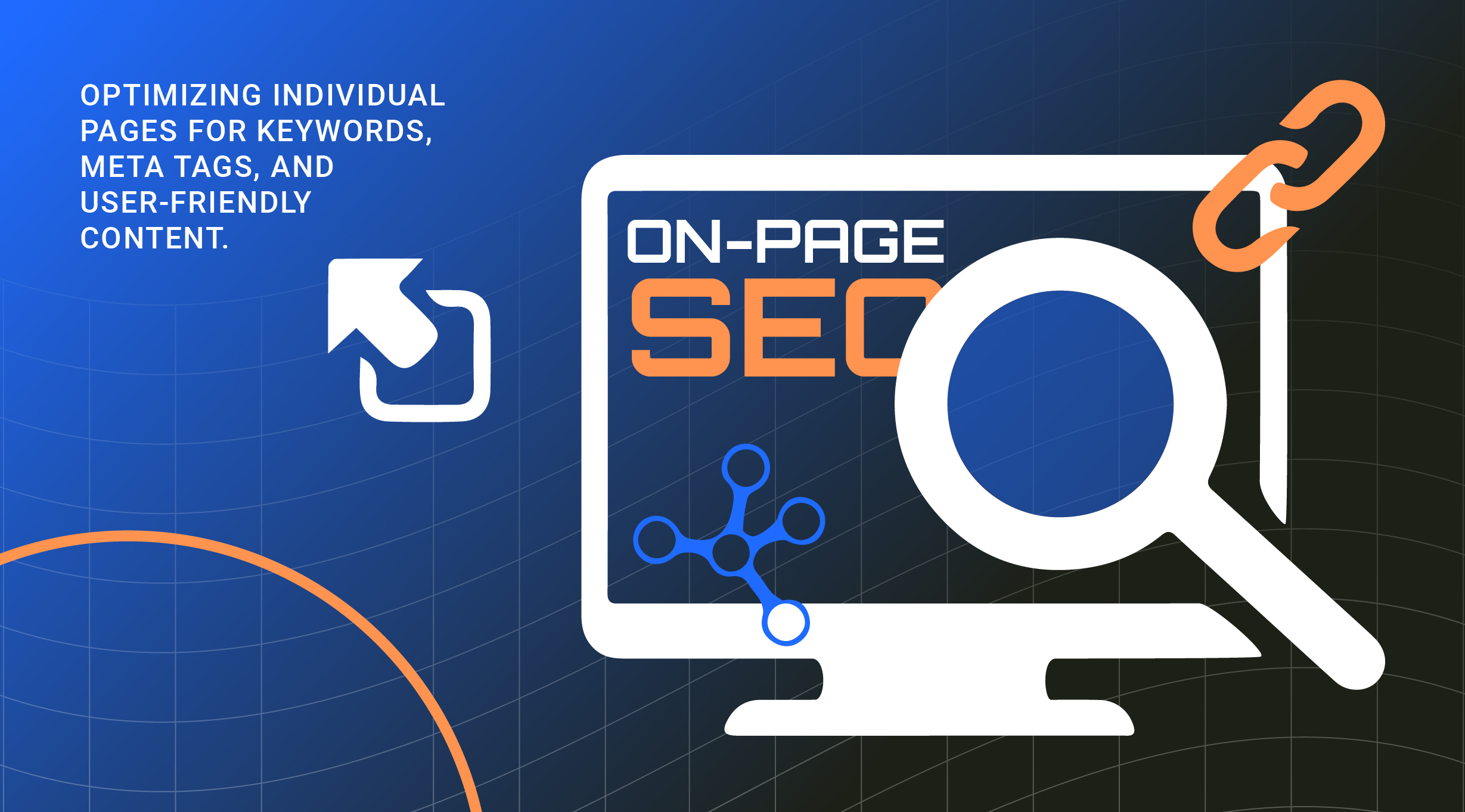
2. Technical SEO
Technical SEO ensures that your website meets the technical requirements of search engines, making it easier for them to crawl, index, and rank your site.
Key Practices:
- Fast page loading speed
- Mobile-friendliness (responsive design)
- Proper website architecture (sitemaps, breadcrumbs)
- Secure HTTPS connection
- 301/302 redirects and handling 404/410 errors
- Canonical tags to avoid duplicate content
Why It Matters:
A technically sound website improves user experience, reduces bounce rates, and ensures search engines can easily index your content.
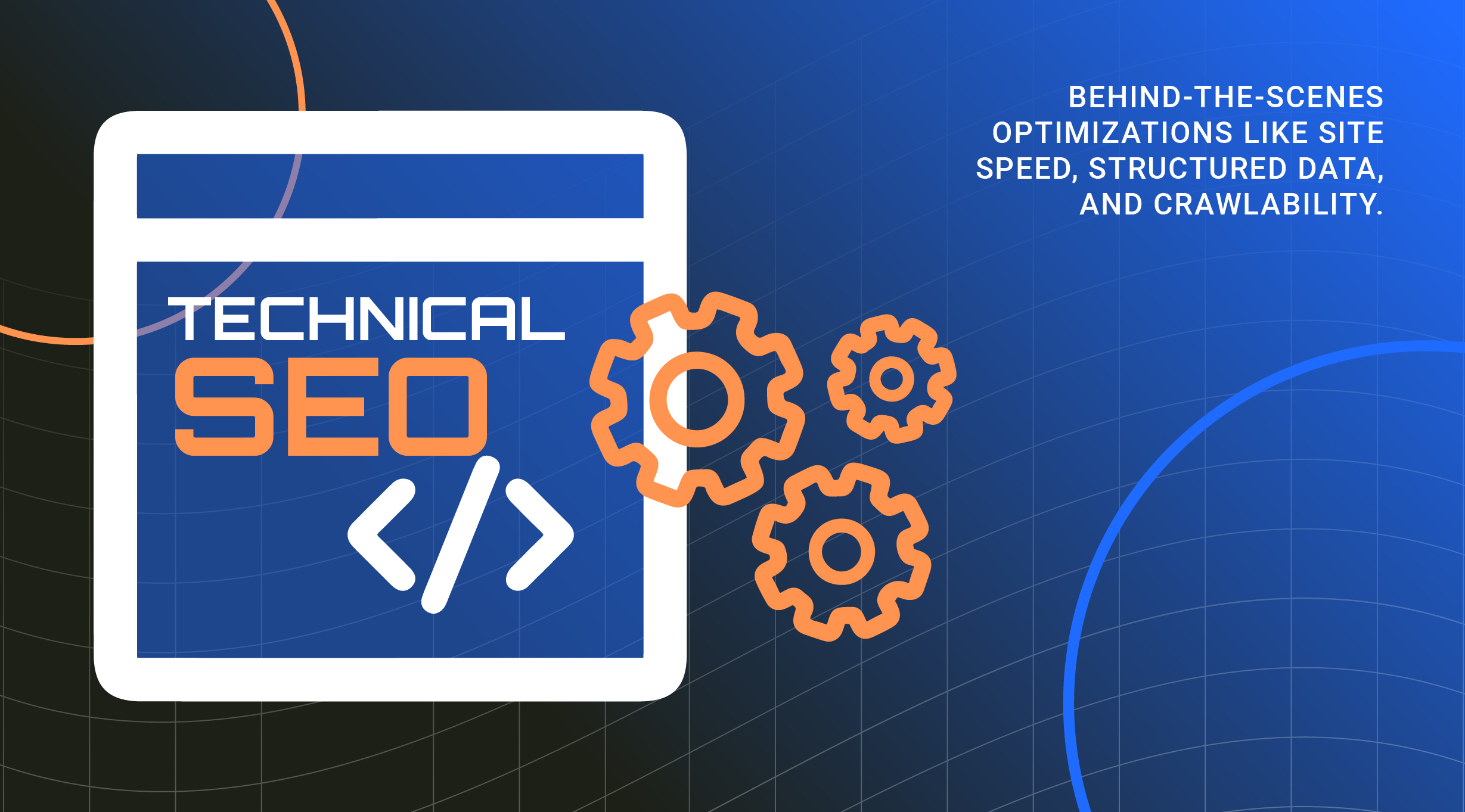
3. Off-Page SEO
Off-page SEO refers to activities done outside of your website to improve its authority and rankings.
Key Practices:
- Building high-quality backlinks
- Social media engagement
- Guest blogging and influencer outreach
- Brand mentions across reputable platforms
Why It Matters:
Strong off-page signals increase your website's credibility, helping it rank higher in search results.
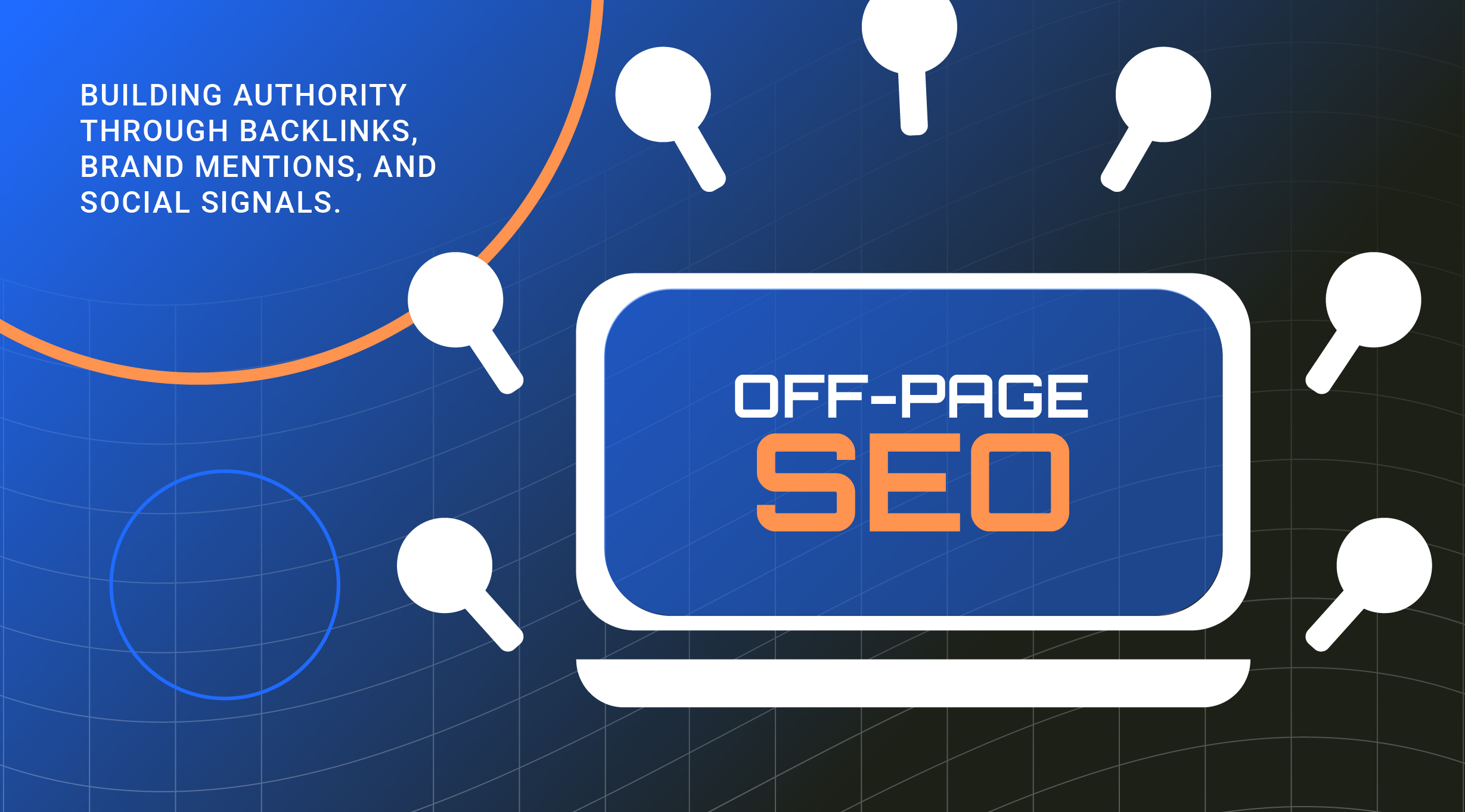
4. Local SEO
Local SEO focuses on optimizing your online presence to attract customers from specific geographic areas.
Key Practices:
- Google My Business (GMB) optimization
- Local keyword targeting
- Positive customer reviews
- Local business citations (directories like Yelp, Yellow Pages)
Why It Matters:
If you run a physical store or provide local services, local SEO ensures that your business appears in local search results and Google Maps.
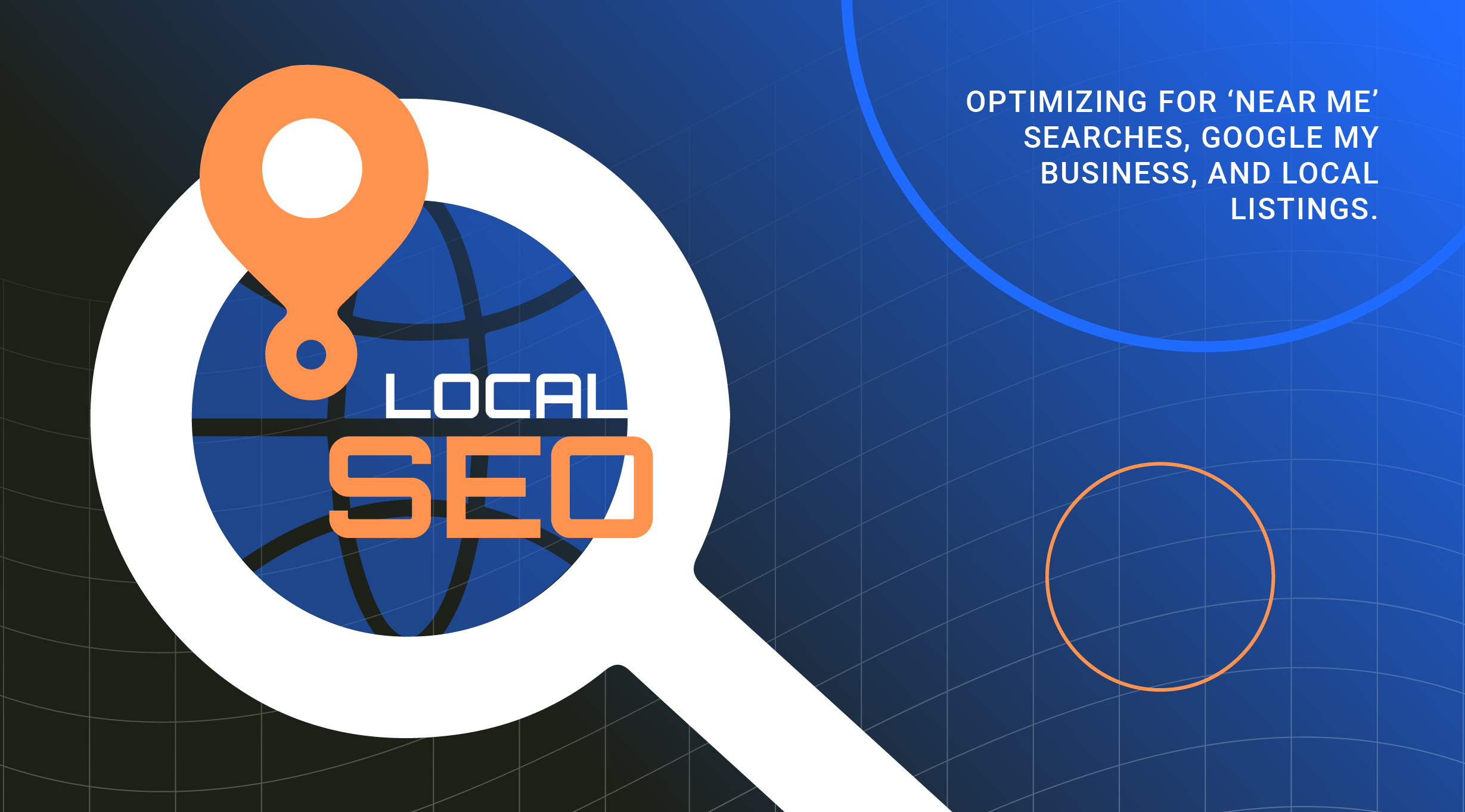
5. Mobile SEO
Mobile SEO ensures that your website is optimized for users accessing it from smartphones and tablets.
Key Practices:
- Responsive design for different screen sizes
- Fast loading times for mobile pages
- Optimized images and videos for mobile
- Mobile-friendly navigation
Why It Matters:
With over 60% of searches coming from mobile devices, Google prioritizes mobile-friendly sites in search results.
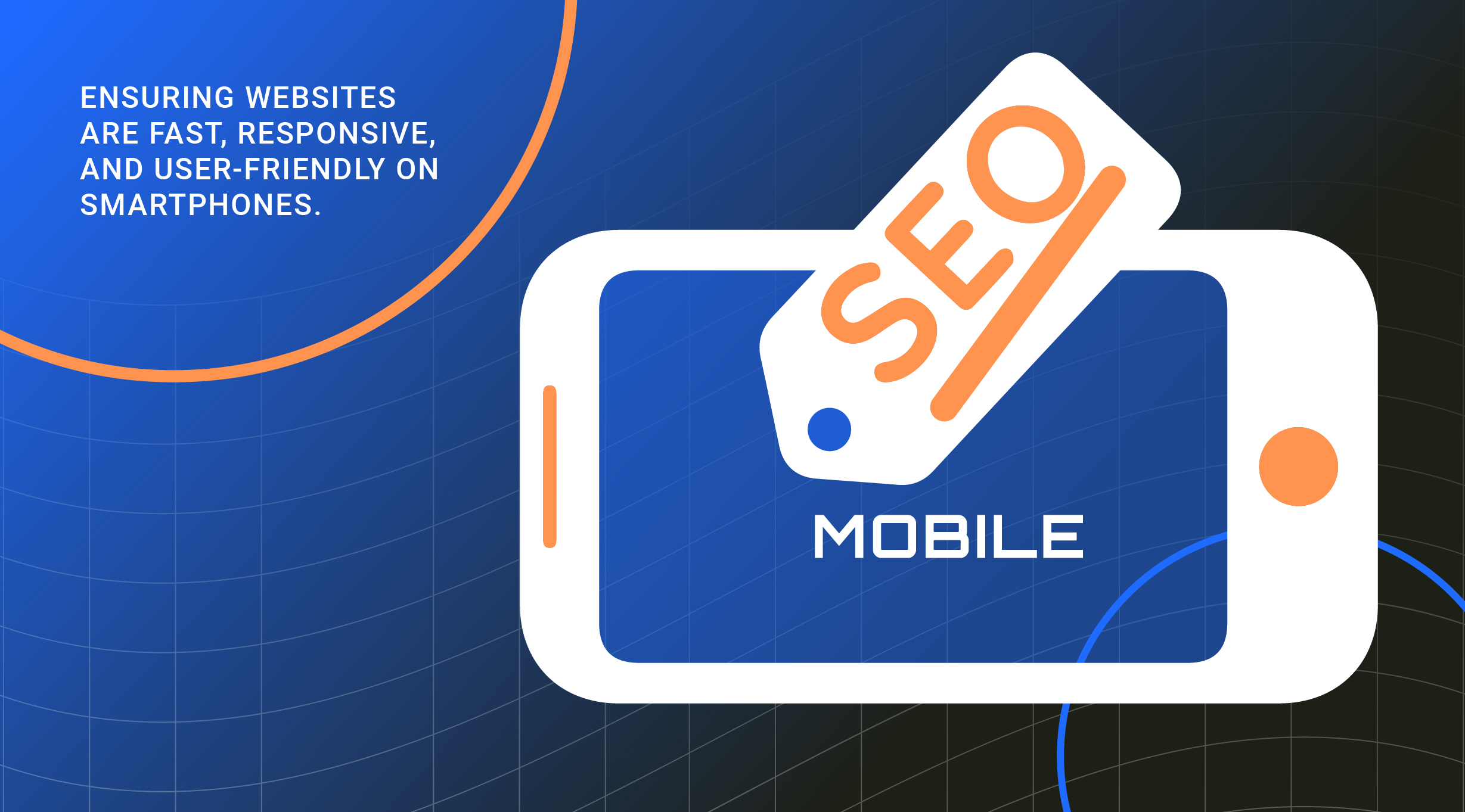
6. Content SEO
Content SEO focuses on creating high-quality, valuable, and optimized content that satisfies user intent.
Key Practices:
- Writing long-form, informative content
- Strategic keyword placement
- Using multimedia (images, videos, infographics)
- Keeping content fresh and updated
Why It Matters:
Great content attracts users, keeps them engaged, and signals to search engines that your site is valuable.
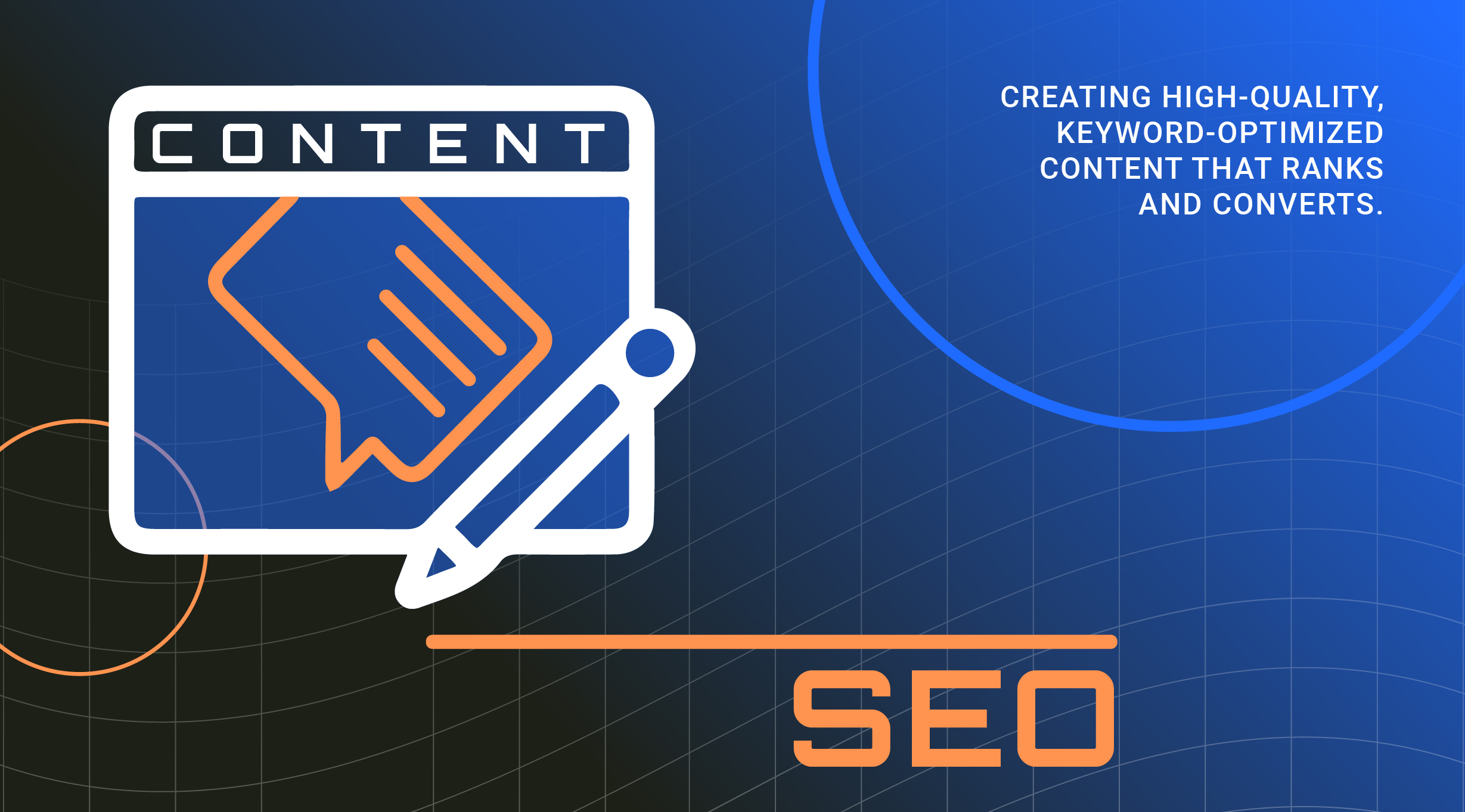
7. Link Building SEO
Link building involves acquiring high-quality backlinks from other websites to improve your site's authority.
Key Practices:
- Guest posting on reputable blogs
- Creating link-worthy content (infographics, reports)
- Building relationships with industry influencers
Why It Matters:
Search engines view backlinks as votes of confidence, boosting your website's credibility and rankings.
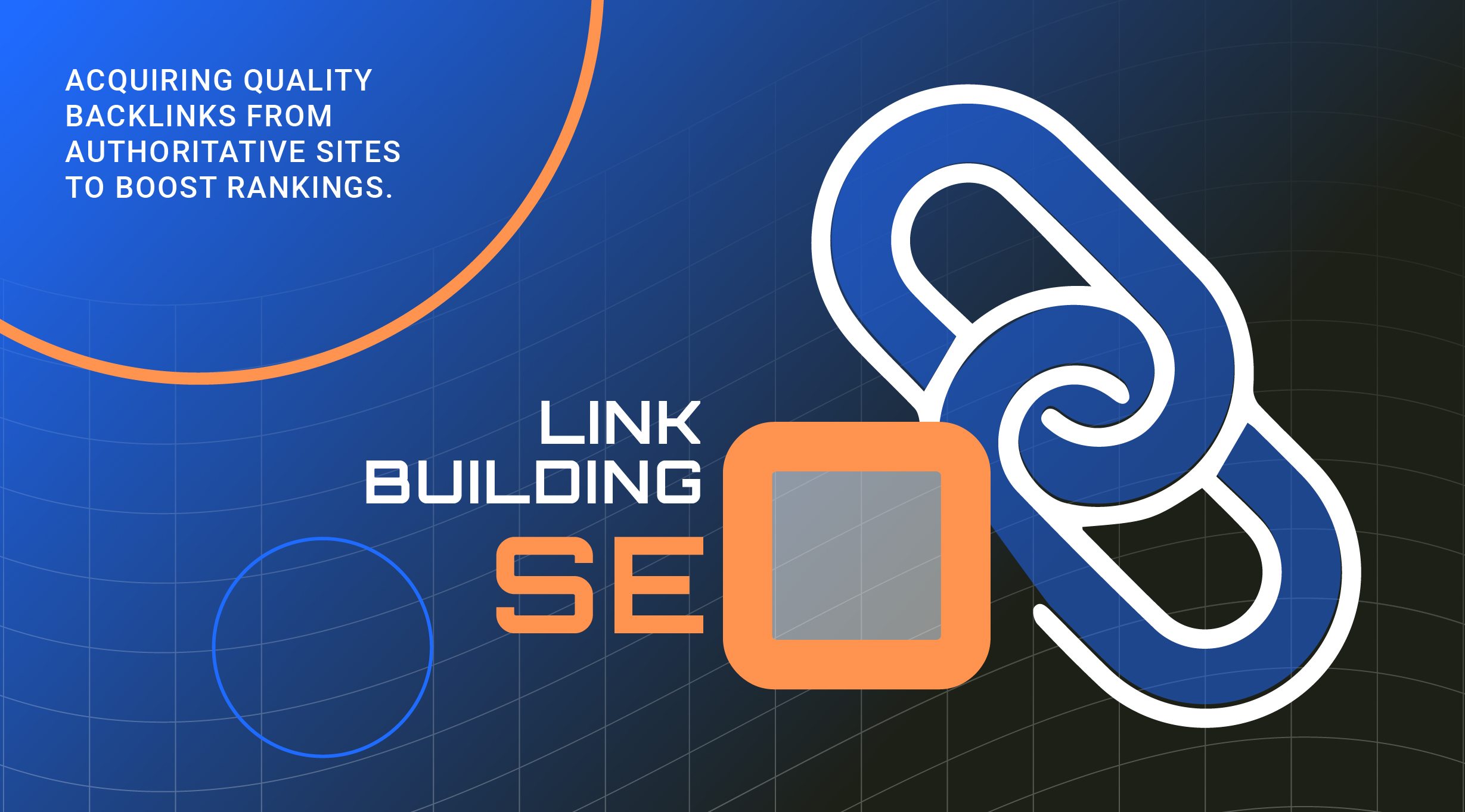
8. E-commerce SEO
E-commerce SEO focuses on optimizing online stores to attract shoppers and increase conversions.
Key Practices:
- Optimized product pages (title, description, images)
- Schema markup for product listings
- User-friendly site navigation
- Product reviews and ratings
Why It Matters:
Better visibility in search results means more potential customers visiting your store and making purchases.
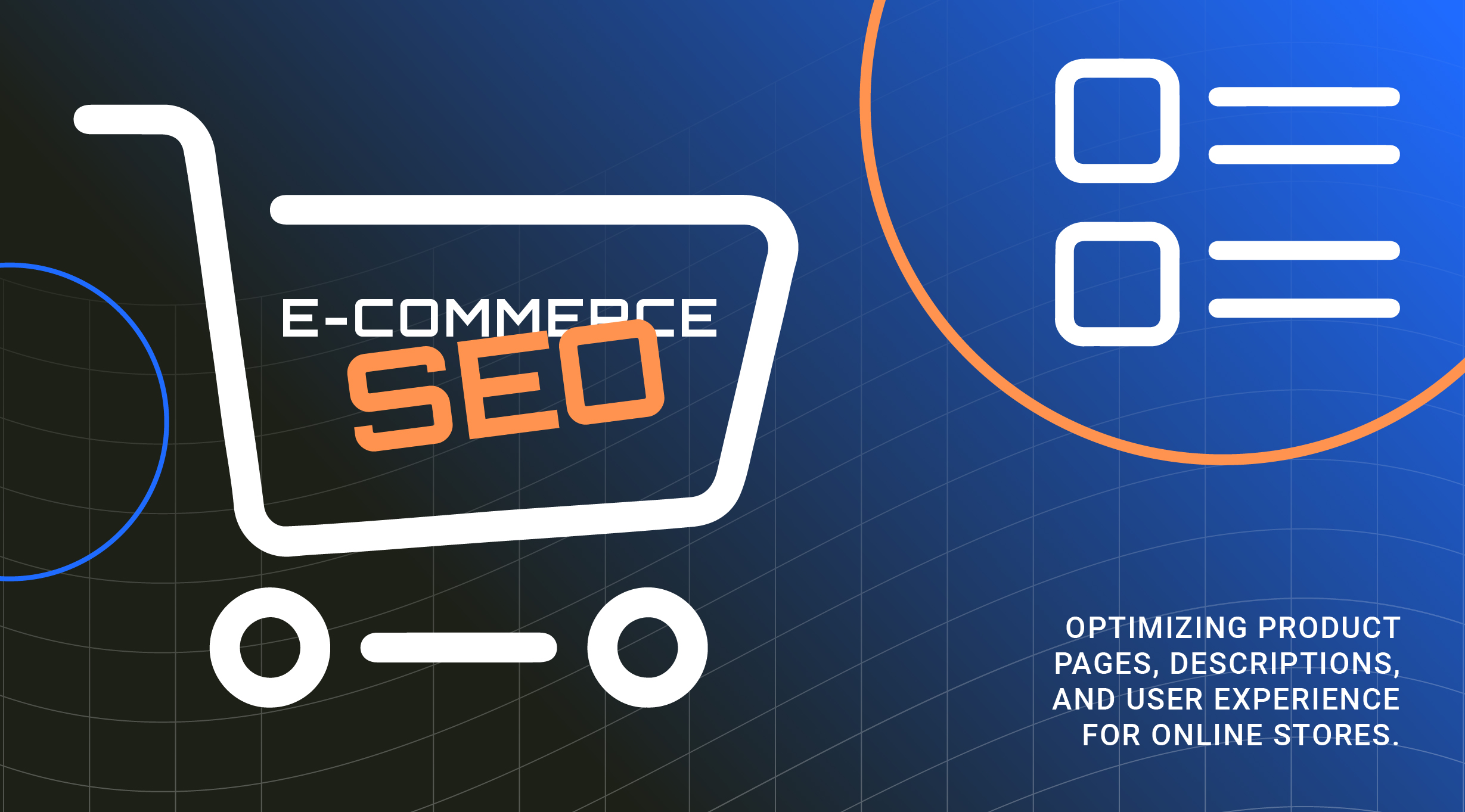
9. Video SEO
Video SEO involves optimizing video content to rank higher in search results and video platforms like YouTube.
Key Practices:
- Creating high-quality, informative videos
- Adding relevant keywords to video titles and descriptions
- Using video transcripts and captions
- Embedding videos on web pages
Why It Matters:
Videos increase user engagement and dwell time, improving overall SEO performance.

10. International SEO
International SEO ensures your website ranks well in different countries and languages.
Key Practices:
- Hreflang tags for language targeting
- Country-specific domain structures (e.g., .uk, .de)
- Culturally relevant content
Why It Matters:
For businesses targeting global audiences, international SEO ensures your content reaches the right users in their preferred language.
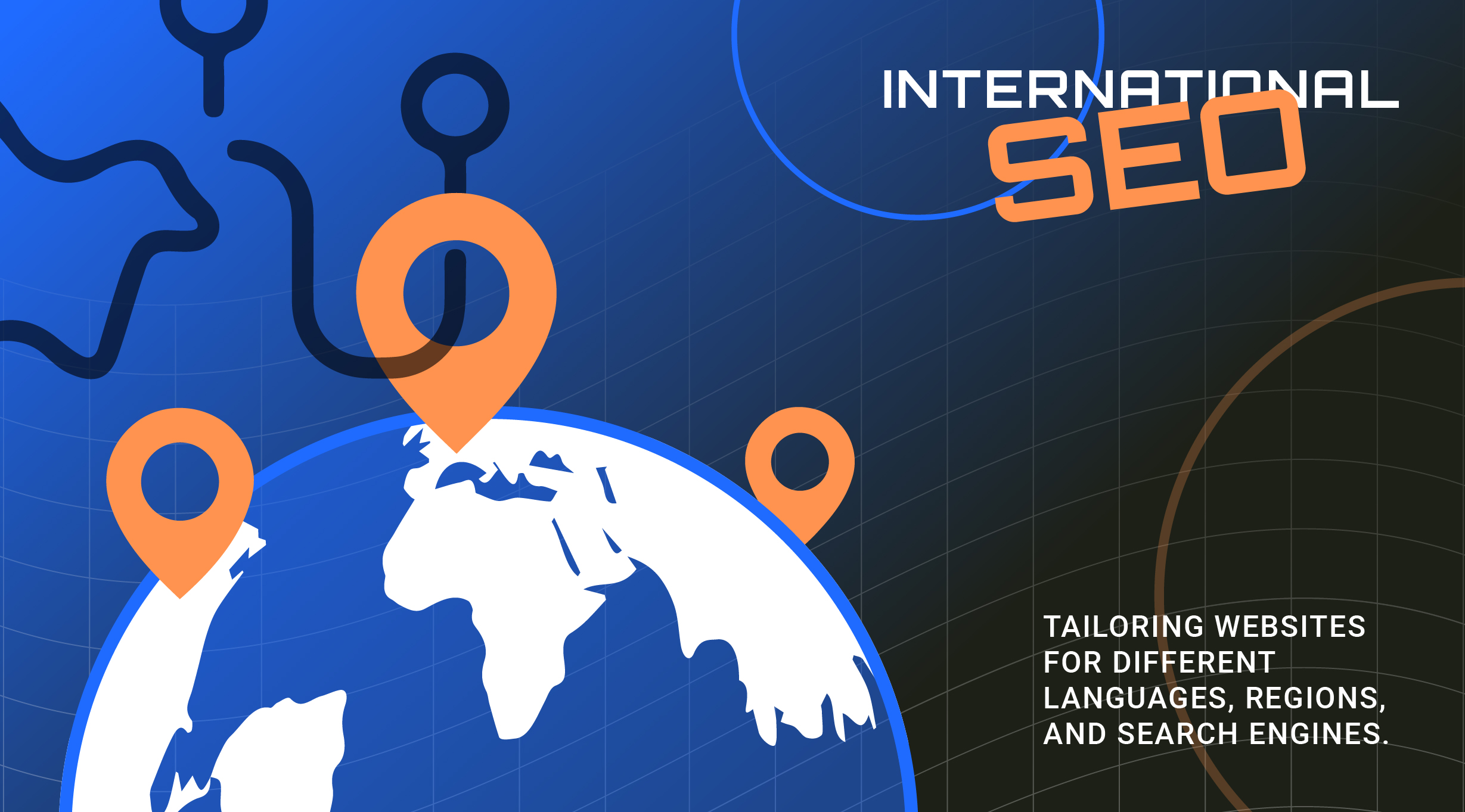
11. Voice Search SEO
Voice search SEO focuses on optimizing content for voice-activated search queries through devices like smartphones and smart speakers.
Key Practices:
- Using natural, conversational keywords
- Creating FAQ pages for quick answers
- Improving page speed for fast loading
Why It Matters:
With the rise of voice assistants like Siri, Alexa, and Google Assistant, optimizing for voice search can drive more traffic.

12. SEO for Security (HTTPS SEO)
Website security plays a crucial role in SEO, as search engines prioritize secure sites.
Key Practices:
- Implementing HTTPS
- Regular security audits
- Fixing vulnerabilities and malware issues
Why It Matters:
Secure websites not only rank higher but also build trust with users, reducing bounce rates.
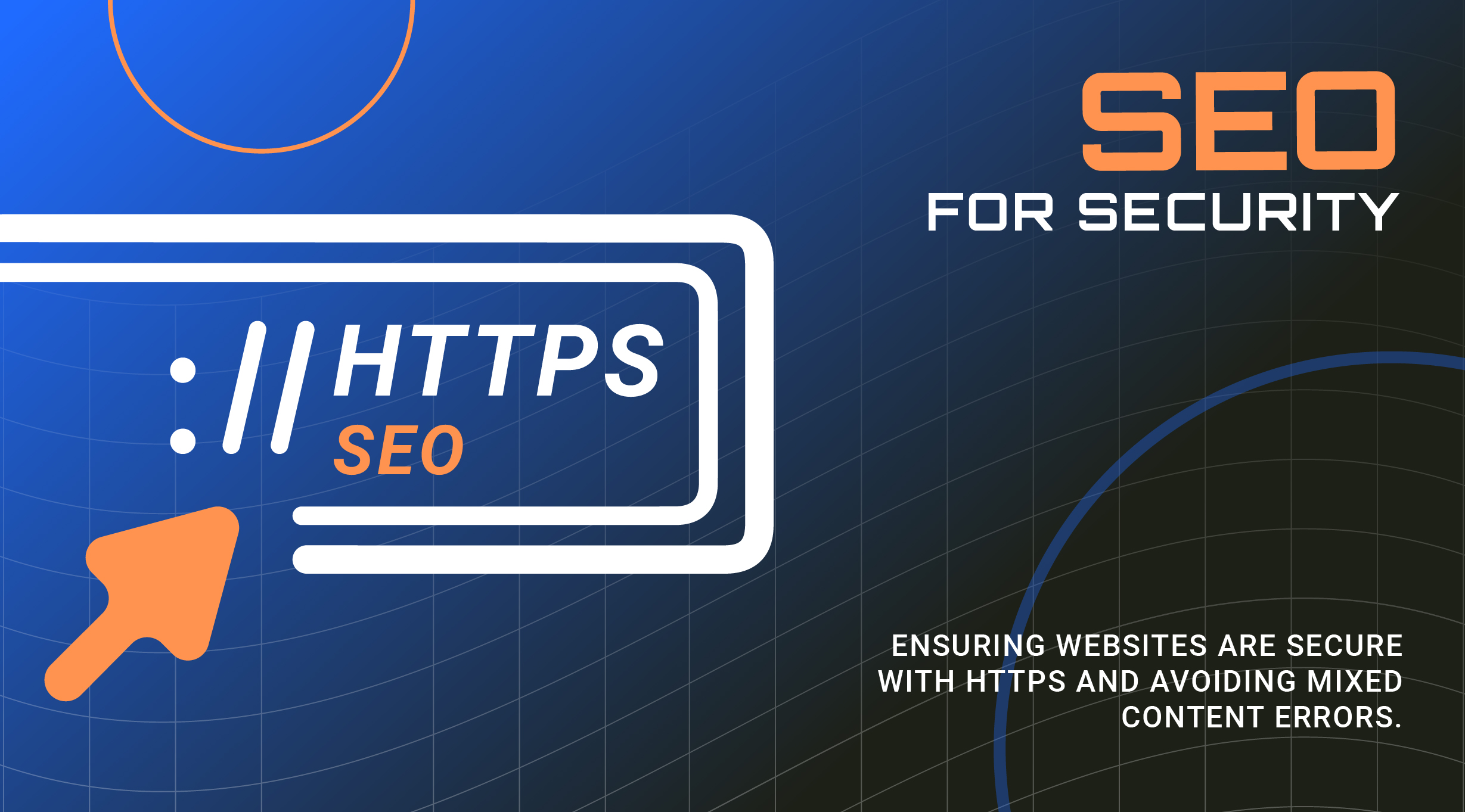
13. Image SEO
Image SEO ensures that images on your website are optimized for search engines and user experience.
Key Practices:
- Using descriptive file names and alt text
- Compressing images for faster loading
- Creating an image sitemap
Why It Matters:
Properly optimized images can drive additional traffic through Google Images and improve page performance.

Final Thoughts: Why SEO Matters for Your Business
SEO isn’t just about ranking higher on Google; it’s about delivering value to users while ensuring your website is accessible, fast, and informative. From on-page and technical optimization to building authority and reaching local audiences, each SEO type plays a vital role in your digital success.
At Aimit, we provide comprehensive SEO services tailored to your business needs. Ready to improve your search rankings and drive more traffic? Contact us today and let’s grow your online presence together!
🚀 Let’s elevate your website to the top of search results!